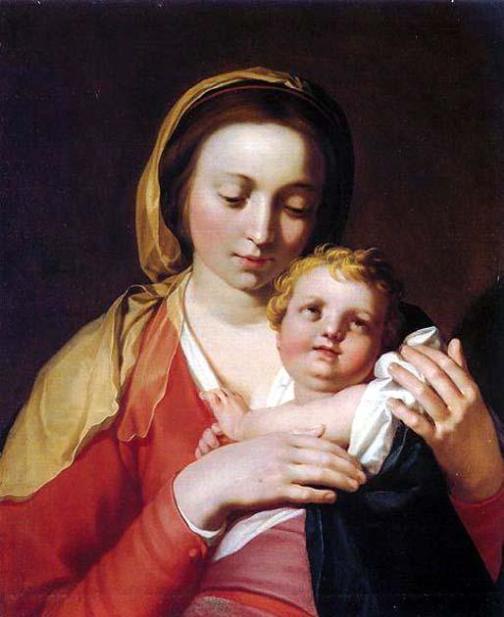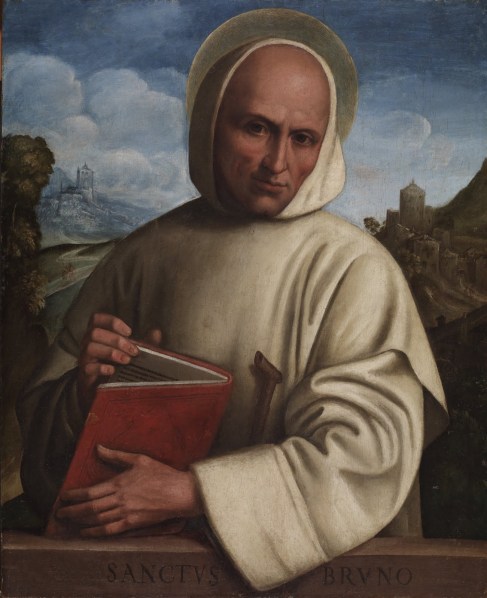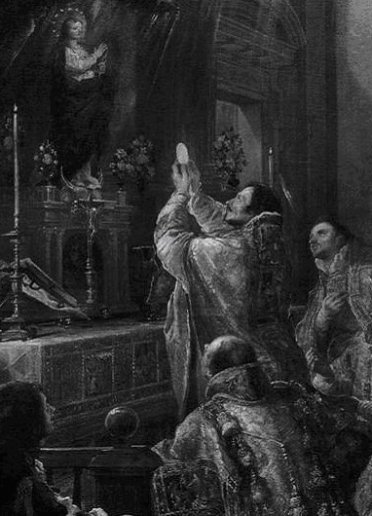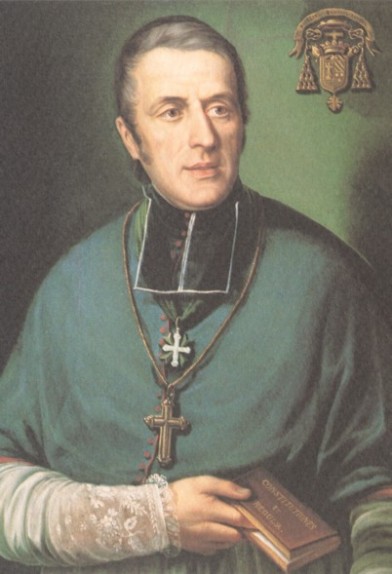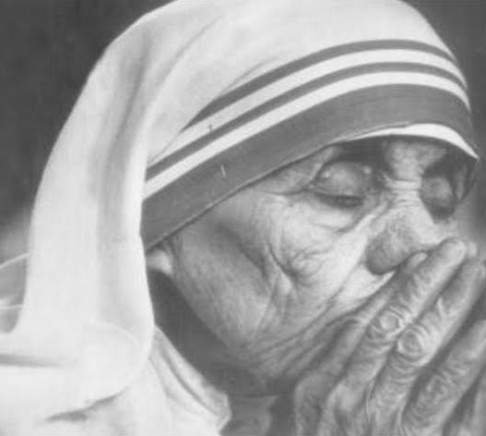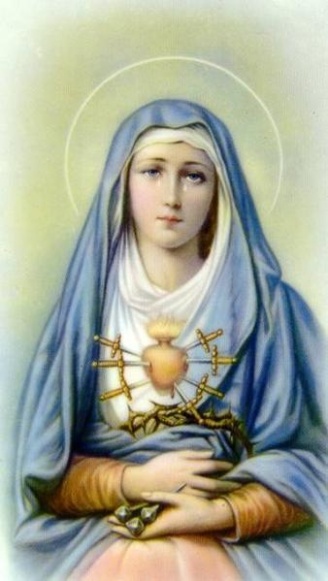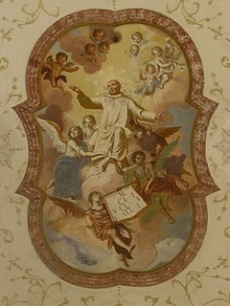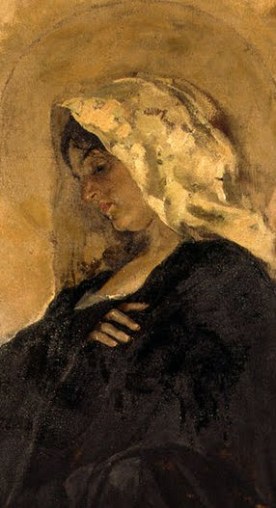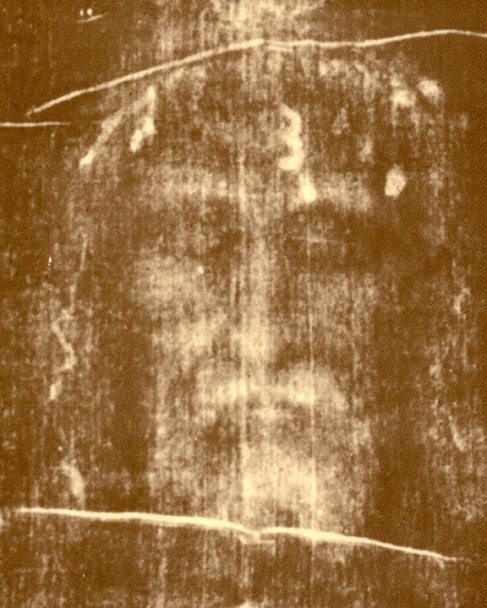 When Benedict XVI was a pilgrim in Turin, Italy to see the Holy Shroud, what many believe to be the burial cloth of our Lord and Savior Jesus Christ. Pope Emeritus Benedict said some very profound things about the Shroud. Here is some of what he said:
When Benedict XVI was a pilgrim in Turin, Italy to see the Holy Shroud, what many believe to be the burial cloth of our Lord and Savior Jesus Christ. Pope Emeritus Benedict said some very profound things about the Shroud. Here is some of what he said:
One could say that the Shroud is . . . the Icon of Holy Saturday. Holy Saturday is the day when God remains hidden; we read in an ancient Homily: ‘What has happened? Today the earth is shrouded in deep silence, deep silence and stillness, profound silence because the King sleeps…. God has died in the flesh, and has gone down to rouse the realm of the dead’.
In our time, especially after having lived through the past century, humanity has become particularly sensitive to the mystery of Holy Saturday. The concealment of God is part of contemporary man’s spirituality, in an existential almost subconscious manner, like a void in the heart that has continued to grow larger and larger. Towards the end of the 19th century, Nietzsche wrote: “God is dead! And we killed him!” This day’s darkness challenges all who are wondering about life and it challenges us believers in particular. We too have something to do with this darkness.
Holy Saturday is a “no man’s land” between the death and the Resurrection, but this “no man’s land” was entered by One, the Only One, Who passed through it with the signs of His Passion for man’s sake. And the Shroud speaks to us precisely about this moment testifying exactly to that unique and unrepeatable interval in the history of humanity and the universe in which God, in Jesus Christ, not only shared our dying but also our remaining in death the most radical solidarity.
In this “time-beyond-time,” Jesus Christ “descended to the dead.” What do these words mean? They mean that God, having made Himself man, reached the point of entering man’s most extreme and absolute solitude, where not a ray of love enters, where total abandonment reigns without any word of comfort. Jesus Christ, by remaining in death, passed beyond the door of this ultimate solitude to lead us too to cross it with Him. We have all, at some point, felt the frightening sensation of abandonment, and that is what we fear most about death, just as when we were children we were afraid to be alone in the dark and could only be reassured by the presence of a person who loved us. Well, this is exactly what happened on Holy Saturday: the Voice of God resounded in the realm of death. The unimaginable occurred: namely, Love penetrated “hell.” If love even penetrated the realm of death, then life also even reached there. In the hour of supreme solitude we shall never be alone.
This Face, these Hands and these Feet, this Side, this whole Body speaks. It is itself a word we can hear in the silence. How does the Shroud speak? It speaks with Blood, and Blood is Life! The Shroud is an Icon written in Blood; the Blood of a Man Who was scourged, crowned with thorns, crucified and Whose right Side was pierced. The Image impressed upon the Shroud is that of a dead Man, but the Blood speaks of His life. Every trace of Blood speaks of Love and of Life; especially that huge stain near His Rib, made by the Blood and Water that flowed copiously from a great Wound inflicted by the tip of a Roman spear. That Blood and that Water speak of Life. It is like a spring that murmurs in the silence, and we can hear it, we can listen to it in the silence of Holy Saturday.
Our Holy Father of happy memory, Blessed John Paul II, said this during his pilgrimage to Turin:
The Shroud is an Image of silence. There is a tragic silence of incommunicability, which finds its greatest expression in death, and there is the silence of fruitfulness, which belongs to whoever refrains from being heard outwardly in order to delve to the roots of Truth and Life. The Shroud expresses not only the silence of death but also the courageous and fruitful silence of triumph over the transitory, through total immersion in God’s eternal present. It thus offers a moving confirmation of the fact that the merciful omnipotence of our God is not restrained by any power of evil, but knows instead how to make the very power of evil contribute to good. Our age needs to rediscover the fruitfulness of silence, in order to overcome the dissipation of sounds, images and chatter that too often prevent the Voice of God from being heard.
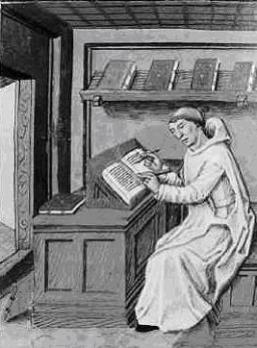 Reading is the careful study of the Scriptures, concentrating all of one’s powers on it.Meditation is the busy application of the mind to seek with the help of one’s own reason the knowledge of hidden truth.
Reading is the careful study of the Scriptures, concentrating all of one’s powers on it.Meditation is the busy application of the mind to seek with the help of one’s own reason the knowledge of hidden truth.
